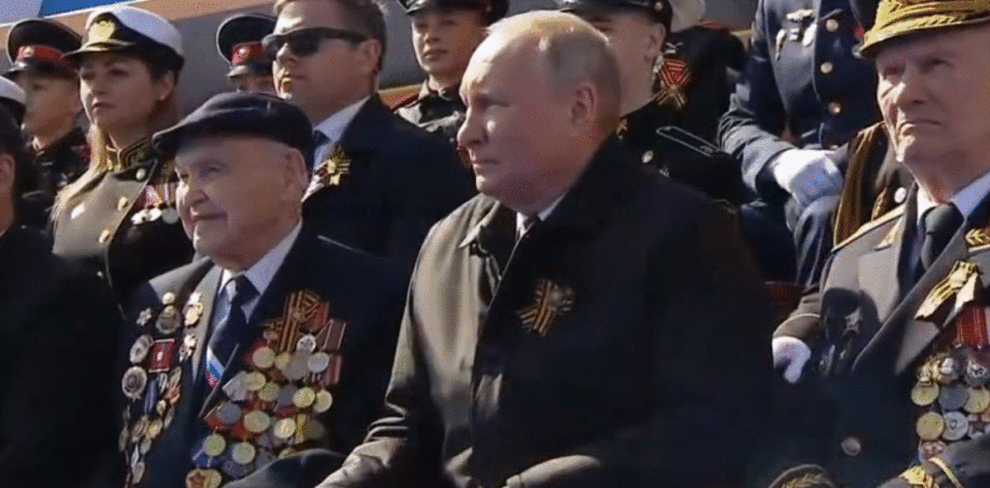Russia on Friday labelled Greenpeace an undesirable organisation, accusing it of anti-Moscow propaganda and “change power in the country”.
The designation criminalises the work of organisations carrying the brand and puts staff at risk of prosecution.
The Office of the General Prosecutor said the climate advocacy group posed “a threat to the foundations of the constitutional order and security” of the country.
Since the start of Russia’s military offensive in Ukraine, Greenpeace activists have been engaged in “anti-Russian propaganda” and called for Russia’s economic isolation, the statement said.
Greenpeace’s efforts have been “aimed at destabilising the socio-political situation and attempting to change power in the country in an unconstitutional way,” the Office of the General Prosecutor said.
“The environmental activities of Greenpeace are in fact accompanied by the active promotion of a political position, attempts to interfere in the internal affairs of the state and are aimed at undermining its economic foundations,” the statement said.
Authorities are taking the crackdown on freedoms in Russia to an unprecedented level over a year into Moscow’s assault on Ukraine, with independent media and rights groups shut down and most key opposition figures behind bars or in exile.
In March, the justice ministry labelled the World Wildlife Fund a “foreign agent.”
The “foreign agent” label has Soviet-era connotations and has been widely used against Kremlin critics.
The designation is however less harsh than the “undesirable organisation” tag and allows bodies to continue operations in the country.
